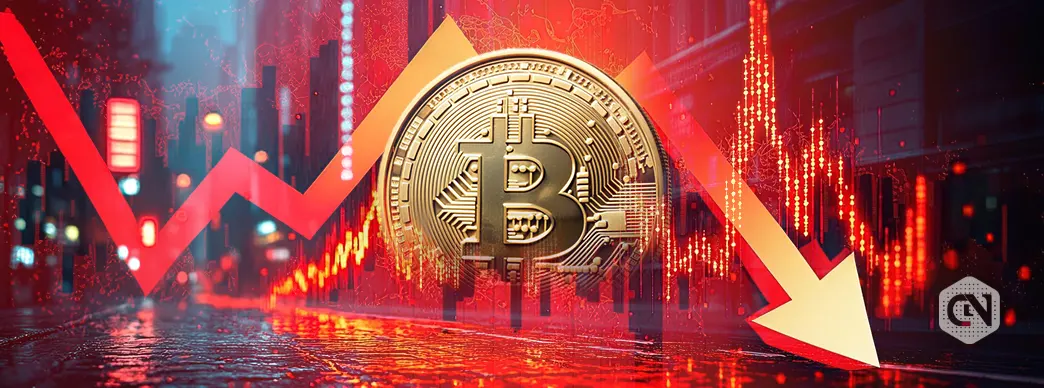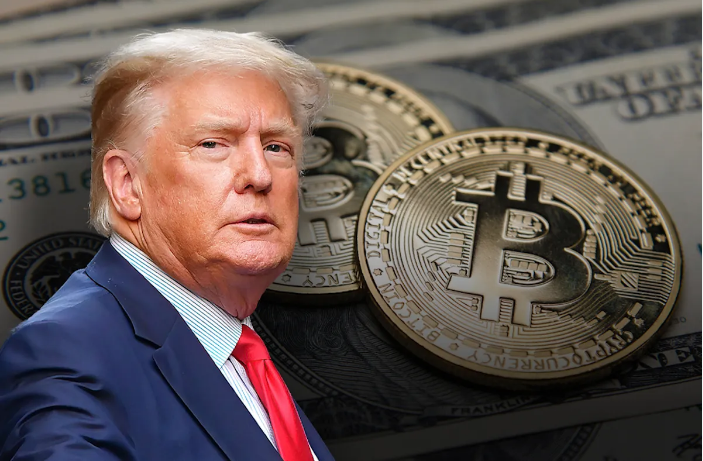Estimated reading time: 7 minutes
Lawmakers are finally calling a stop to the rip-off lawlessness, fraud and scams that have cost cryptocurrency investors hundreds of millions of pounds.
The International Organization of Securities Commissions (IOSCO) – a watchdog backed by an umbrella group of financial regulators – has sent a list of recommendations on managing cryptocurrency assets to governments worldwide.
This first set of global standards for regulating cryptocurrencies comes down squarely on the side of consumers.
IOSCO includes heavyweight financial watchdogs like the US Securities and Exchange Commission (SEC), Japan’s Financial Services Agency,the UK’s Financial Conduct Authority (FCA) and Germany’s BaFin.
Their recommendations cover six problem areas for investors:
- Conflict of interest
- Market manipulation
- Insider trading and fraud
- Cross-border risks and regulatory coordination
- Protection of consumers and their crypto assets
- Consumer access and product suitability
Crypto’s Wild Frontiers
The current cryptocurrency market faces little regulation except money-laundering guidelines, each set by separate governments.
The IOSCO proposal to standardise regulation worldwide is in direct opposition to one of the basic tenets of cryptocurrency – that is the market remains outside government and central bank control by operating exclusively on the internet without a bricks-and-mortar base in any country.
This aim has led to more than a decade of crooks swindling investors. Some hackers have stolen hundreds of millions of pounds from well-documented online attacks and money grabs on crypto exchanges.
One of the latest crypto scandals was the collapse of the FTX exchange in November 2022. Former CEO Sam Bankman-Fried is awaiting trial for fraud after the exchange folded, losing millions of dollars. He pleads not guilty to all charges and is expected to return to court in October 2023.
The list of recommendations put out for consultation by IOSCO is the first step towards adopting a global strategy to regulate cryptocurrency. The consultation closes on July 9, 2023. IOSCO expects to release the final draft to establish an approach for managing cryptocurrency by the end of this year.
One-Stop-Crypto-Shop Risk
The consultation does not cover decentralised finance or DeFi – a separate consultation regarding this cryptocurrency sector is expected in the summer.
IOSCO says the current strategy aims to bring greater consistency to the crypto market by standardising regulations to reduce the risk of investors losing money to rogue providers. The proposals apply to all crypto assets, although the report highlights the risks associated with stablecoins.
The recommendations criticise the ‘one-stop-crypto-shop’ services offered by some providers which should separate exchange trading, brokerage, market-making and other proprietary trading, offering margin trading, custody, settlement, and re-use of assets.
The proposed IOSCO clean-up of the lawless cryptocurrency sector could mark the beginning of the end of market manipulation.
Investors have long complained that ‘whales’ like Tesla and Twitter owner Elon Musk can manipulate markets and make or break fortunes in a few hours by making cryptic announcements online.
The Dogefather, aka Elon Musk
For example, Elon Musk’s latest remarks about his favoured crypto Dogecoin have earned the title of the Dogefather. He claims he likes the coin because it has dogs and a sense of humour.
Speaking at a London business meeting, Musk has warned investors not to spend their cash on dogecoin.
Musk has allegedly manipulated crypto prices with his remarks and social media posts, with Dogecoin insiders revealing he joined developers in discussions about the coin’s future. Musk has even replaced the Twitter blue bird logo with a Dogecoin image which sparked a 25 per cent increase in the crypto’s price, dropping when the doge image was replaced within a few days.
Biggest Cryptocurrency Frauds And Thefts
Crooks have plotted to plunder hoards of money and other valuables since the dawn of time. Here are the biggest cryptocurrency frauds and thefts.
Onecoin – This scam saw the so-called crypto queen and FBI most wanted Ruja Ignatova to make off with more than $4 billion in 2018. Rumours speculate she was murdered a year later, but no body was found.
Bitconnect – Another Ponzi scheme creamed an estimated $4 billion by persuading investors the firm had a secret algorithm that could boost their trading profits.
Bitclub Network – A crypto-mining fraud selling shares in mining hardware that did not exist raised the crooks $725 million.
Thodex – This Turkish exchange promised free dogecoin to investors who handed over $2.5 billion before founder Faruk Fatih Özer made off with their cash.
Quadriga – A sophisticated fraud that cost 69,000 investors $124 million when the firm’s boss died, trapping the money behind an unknown private software key.
Pincoin and iFan – A slick Vietnamese sales outfit fronted these two initial coin offering (ICO) scams, allowing thieves to escape with $660 million.
Will A Crypto Crackdown Stop Scammers?
The cryptocurrency crackdown is good news for ordinary cryptocurrency investors.
Tighter regulation that still allows a free market would be welcome, but not laws that stifle the market.
Regulation will not stop the crooks; more rules will deter opportunists while giving space for the more determined and organised scammers to ply their dark arts.
The real issue is why the regulators have taken so long to act. The original cryptocurrency Bitcoin was launched more than a decade ago. Scammers have sheltered in the cracks of loose coordination between governments for the entire time, allowing the crooks to siphon their ill-gotten gains.
Regulation will shine a brighter light on the inner workings of the cryptocurrency market for consumers but will still leave some dark shadows for the scammers to hide.
The hope is regulation will arrive soon as financial watchdogs have a reputation for dragging their feet.
Cryptocurrency Regulation FAQ
A cryptocurrency exchange is an interface between online cryptocurrency and offline cash. Investors can switch cryptocurrency for cash and vice versa, like US dollars or British pounds, through an exchange.
IOSCO -the International Organisation of Securities Commissions – works with central banks, stock markets, the G7 and G20 groups of countries to set international standards to protect markets and consumers from scams and fraud. The group has 130 members, such as the powerful US Securities and Exchange Commission (SEC) and the British Financial Conduct Authority (FCA). Although the wheels move slowly, IOSCO has the backing and authority to set standards for cryptocurrency markets.
A crypto whale is an investor who holds significant amounts of cryptocurrency that can influence how a market acts.
Pumping a cryptocurrency is when scammers push false or misleading information designed to push or pump the value of the investment higher so they can dump their holding at a better price.
IOSCO wants a final draft set of regulations by the end of 2022, but how long the regulators and politicians of each country signing up to the accord will take is anyone’s guess.
Recent tax initiatives like the US Financial Account Tax Compliance Act (FATCA) and the Common Reporting Standard spent years edging through the process before becoming law.
Elon Musk is among the world’s richest people, with a personal fortune of $190 billion. His initial fortune came from the proceeds of selling online payments from PayPal to the online auction site eBay.
Among his wide business interests, Musk controls the social media platform Twitter, electric vehicle maker Tesla and space exploration mission SpaceX. Born in South Africa, Musk, aged 51 years old, has six children from three marriages.
Cryptocurrency or crypto is a digital payment system based on a decentralised network of computers that harnesses cryptography to authorise transactions kept on a blockchain ledger. Thousands of cryptocurrencies are available, with Bitcoin among the most popular.
Related Articles, Guides and Insights
Below is a list of some related articles, guides and insights you may find interesting
We love to get feedback from our readers. So, after reading this article, if you have any questions or want to comment, message us on this site or our social media.
Credit: Source link















































